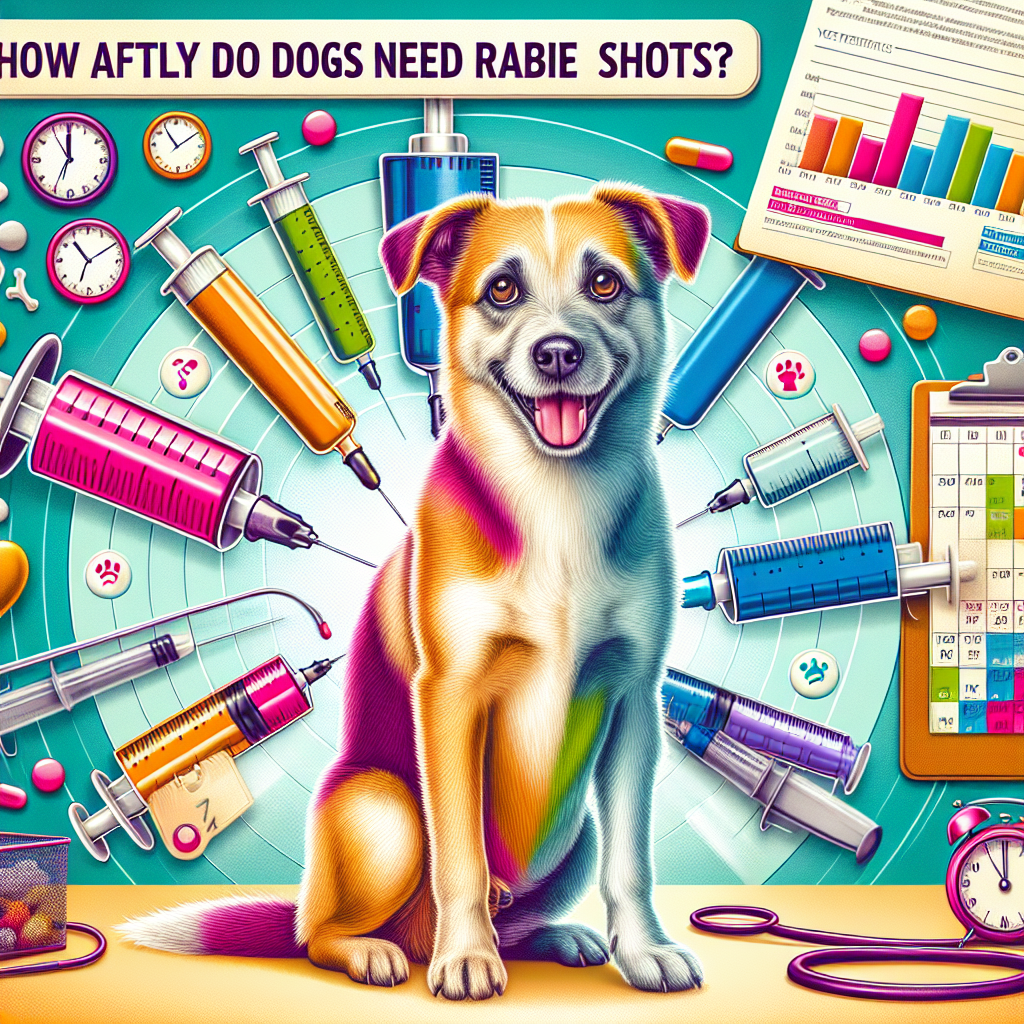Can Dogs Eat Brussels Sprouts?
As pet owners, we often find ourselves considering what foods are safe for our furry friends. With a diverse range of available human foods, it’s natural to wonder about the safety of particular items. One such item is Brussels sprouts, a green vegetable that has gained popularity in many households. But can dogs eat Brussels sprouts? In this article, we’ll explore the safety, benefits, and potential risks of serving Brussels sprouts to dogs.
Nutritional Benefits of Brussels Sprouts
Brussels sprouts belong to the cruciferous family of vegetables, which also includes broccoli, cabbage, and kale. They are packed with essential nutrients that can be beneficial for both humans and dogs. Here are some of the key nutritional components of Brussels sprouts:
- Vitamins and Minerals: Brussels sprouts are rich in vitamins C and K, folate, and various B vitamins, which can support immune function, help in blood clotting, and contribute to overall health.
- Fiber: The high fiber content can aid in digestion, promoting a healthy gut in dogs.
- Antioxidants: These compounds help combat oxidative stress in the body, benefiting overall health.
Can Dogs Safely Eat Brussels Sprouts?
The short answer is yes, dogs can eat Brussels sprouts in moderation. However, like any new food introduced into your pet’s diet, it is essential to take specific precautions:
-
Moderation is Key: While Brussels sprouts are safe for canine consumption, they should be offered as an occasional treat rather than a primary component of their diet. Too many can lead to digestive upset, including gas and bloating.
-
Prepare Properly: Always wash Brussels sprouts thoroughly to remove any pesticides or chemicals. It’s best to cook them by steaming or boiling to enhance digestibility. Avoid adding butter, oil, or seasoning, as many additives can be harmful to dogs.
- Monitor for Reactions: If it’s your dog’s first time consuming Brussels sprouts, start with a small amount. Watch for any signs of digestive upset, such as vomiting, diarrhea, or unusual behavior. If adverse reactions occur, discontinue feeding them Brussels sprouts.
Potential Risks of Brussels Sprouts for Dogs
While Brussels sprouts are generally safe, there are some risks to be aware of:
- Gas and Bloating: The high fiber content and certain compounds in Brussels sprouts can cause gas. Dogs, like humans, may experience bloating, which can be uncomfortable or even painful.
- Allergies and Sensitivities: Some dogs may have allergies or sensitivities to certain vegetables, including Brussels sprouts. Always be cautious when introducing any new food.
- Choking Hazard: As with any vegetable, ensure that Brussels sprouts are cut into manageable pieces, especially for small dogs, to prevent choking.
Alternatives to Brussels Sprouts
If you’re looking for healthy vegetable options for your dog, consider alternatives like carrots, green beans, or sweet potatoes—vegetables that also offer nutritional benefits and are less likely to cause digestive issues. Always introduce new foods gradually and monitor your pet for any reactions.
Conclusion
In summary, Brussels sprouts can be a healthy, nutritious treat for dogs when given in moderation and prepared correctly. As with any dietary changes, consult your veterinarian if you have any concerns or if your dog has specific health issues. With careful consideration, Brussels sprouts can be a fun addition to your dog’s diet, potentially enriching their meals while providing a tasty crunch! Always remember that the foundation of a dog’s diet should primarily consist of high-quality commercial dog food, designed to meet their unique nutritional needs.





